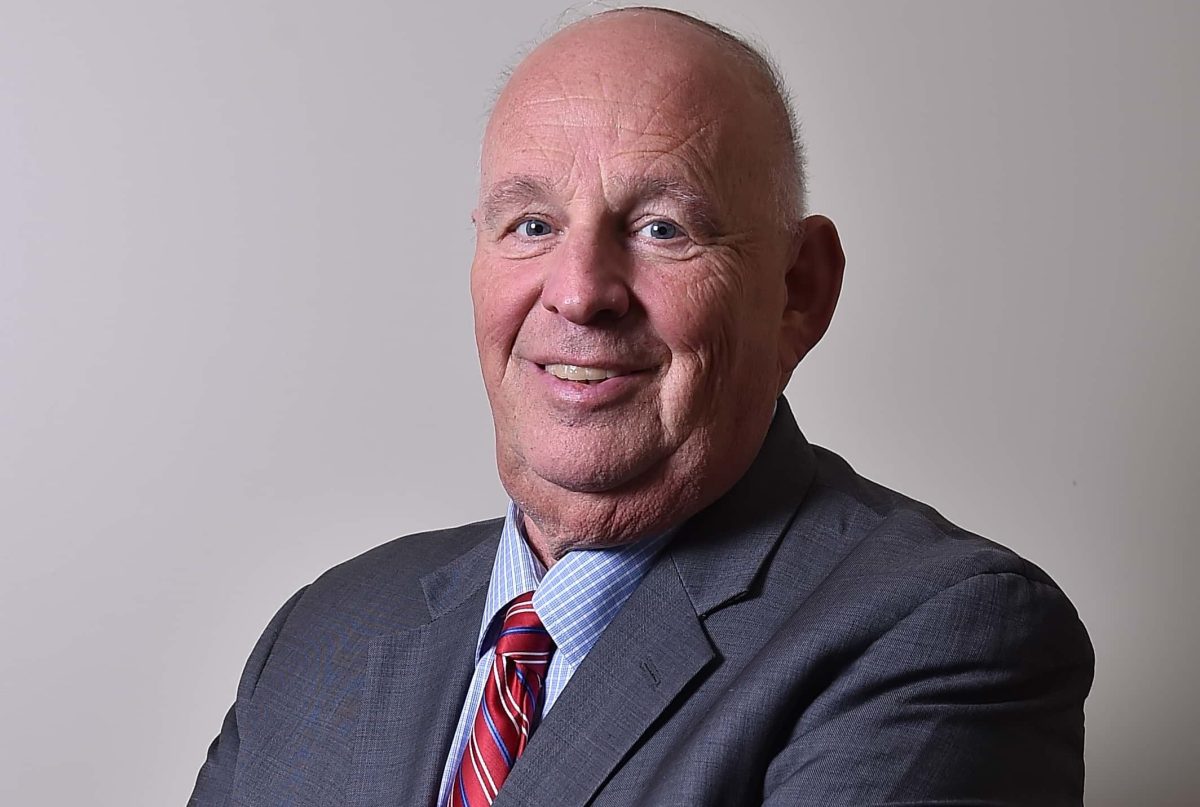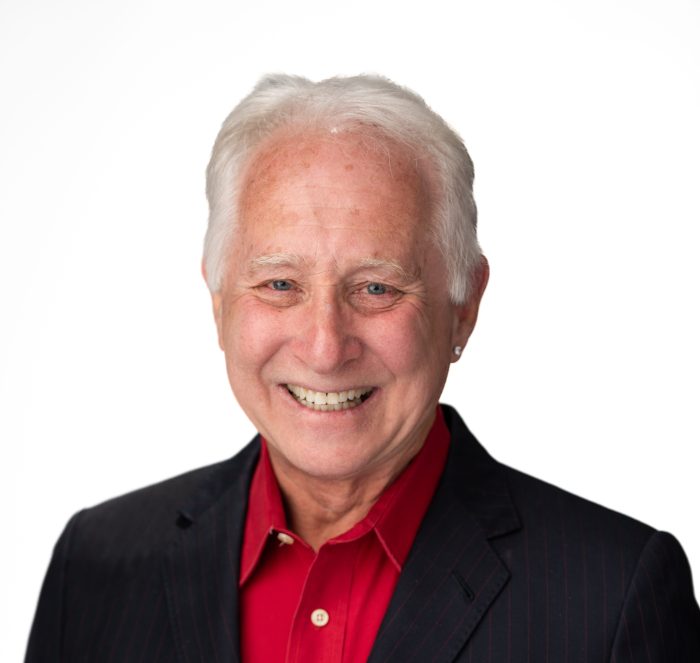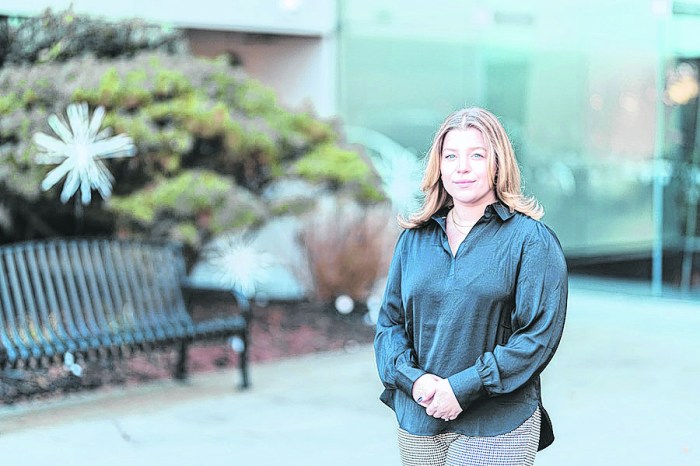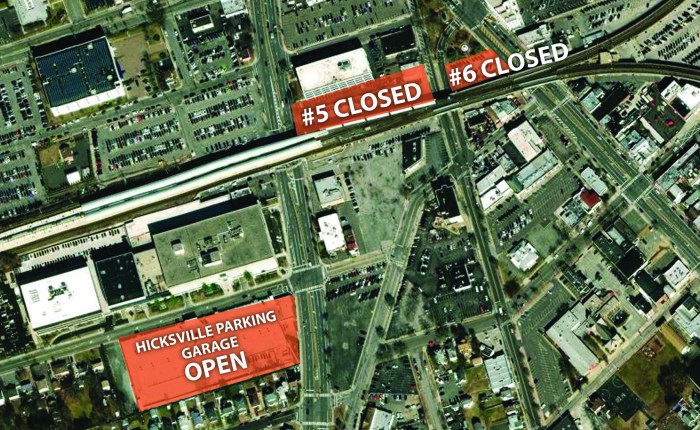For more than 35 years, Richard M. Kessel has been clear about his mission to serve the public. He started down that path as executive director of the New York State Consumer Protection Board. Kessel spent decades on the Board of Trustees for Nassau Community College and served on the Nassau County Interim Finance Authority. He has held leadership positions with the Long Island Power Authority (LIPA) and the New York Power Authority. In 2018 he became chairman of the board of the Nassau County Industrial Development Agency (IDA). Kessel worked in various capacities for six New York governors, but he’s particularly stoked now. The Merrick native says, “Nassau County is my first love. I want to do some good things.”
For those who aren’t familiar, can you share what IDA is and its mission? We are a state authority that works with the county to promote economic development and jobs. Expanding the tax base is a priority. We work to attract new businesses to Nassau County, keep existing businesses here that might want to leave, and help companies expand.
What’s essential to keep companies here and attract new ones? Everyone recognizes that we need more housing and more affordable housing, especially to encourage millennials to work and live in the county. We’re working with Nassau County Executive Laura Curran on new housing projects like the one we just got approved in Lynbrook. Another issue is taxes. We can’t lower taxes but can provide tax stability. For example, we can set up a 15- or 20-year pilot plan where taxes are frozen at a certain rate and then slowly raised, or there can be a sales tax exemption, for things like building materials and mortgage recording. There’s a well-known company in Freeport that’s outgrown its space. Its dilemma is deciding whether to go to another state with cheaper property taxes or stay here. But they can’t afford to stay. Our job is to work with them, so they stay and continue to grow. The chief challenge is the high cost of living on Long Island.
You have extensive experience in government; what fueled your interest? I’ve always been curious. I recently spoke to my sixth-grade teacher who told me I was his only student that read Newsday and The New York Times. I am an only child. When I was in college my mother was sick with cancer. I couldn’t understand why the government wasn’t spending more to search for a cure. That lead me to politics and government. At 24, I did a run for cancer in Washington, D.C. Curing cancer became my focus. I majored in political science and ran for the state senate but lost. My parents encouraged me to pursue public service over money.
How did you wind up leading IDA? I’ve known Laura Curran for a long time. She asked my advice on energy issues in the past. When she became county executive, she asked me to do IDA. It’s opened up another world, it’s a great way to help the county. She’s really engaged. She has gone with us to meetings. Her presence is incredibly helpful as we put together projects.
What’s your vision for IDA? We need to significantly increase the housing stock. I foresee hundreds of new housing units over the next three to five years, especially affordable housing near LIRR stations and local downtowns. Freeport’s and Lynbrook’s downtowns need help; what better way than with new housing? We will be sensitive, not putting up something 10 stories high. We will work with local officials and the communities to get their input. I also see a tremendous opportunity for us to become one of the centers for streaming. It’s expensive for studios to operate in Brooklyn and Manhattan. Let’s make it cheaper for them to do it here, and provide union jobs. I am excited. Over the next six months we will have big job-creating projects popping out all over.
What is the IDA doing to confront the coronavirus crisis? The Nassau County IDA is working in conjunction with our partners on the Nassau County Economic Advisory Council to monitor and measure the impact of the COVID-19 crisis on employers and employees alike. We continue to actively monitor announcements from both the federal and New York State governments for availability of resources to support businesses, large and small, during this downturn and will communicate with them accordingly. Lastly, we are encouraged by the willingness of Nassau-based businesses to offer their own support for those in need at this time whether it be for specific medical/emergency donations, re-tooling of companies to produce needed items, available warehouse space, or food donations to name a few. Working together as a business community will be critical to our future success once the crisis subsides.


































